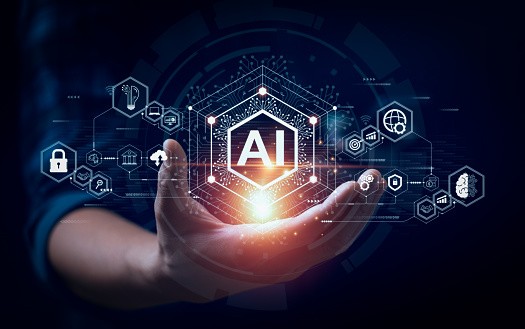The Impact of Artificial Intelligence on Business Operations
In the rapidly evolving landscape of business operations, Artificial Intelligence (AI) has emerged as a transformative force, reshaping the way organizations operate, make decisions, and interact with their environments. As we delve into the intricate web of AI applications, this article explores the multifaceted impact it has on various facets of business operations.
Table of Contents
1. Data-Driven Decision Making:
One of the foremost impacts of AI on business operations is its ability to analyze vast amounts of data at unparalleled speeds. AI algorithms can sift through complex datasets, identify patterns, and extract meaningful insights.
This enables businesses to make more informed, data-driven decisions. Whether optimizing supply chain logistics, predicting consumer behavior, or fine-tuning marketing strategies, AI empowers organizations to navigate the intricacies of the market with precision.
2. Process Automation for Efficiency:
AI-powered automation is streamlining routine and time-consuming tasks across industries. From customer support chatbots to robotic process automation (RPA) in finance and HR, businesses are harnessing AI to enhance operational efficiency.
This not only reduces the likelihood of errors but also allows human resources to focus on higher-value tasks that require creativity, critical thinking, and emotional intelligence.
3. Supply Chain Optimization:
AI’s impact on supply chain management is revolutionary. Predictive analytics and machine learning algorithms can forecast demand, optimize inventory levels, and identify potential disruptions in the supply chain.
This results in improved efficiency, reduced costs, and enhanced overall resilience. AI-driven supply chain solutions help businesses adapt to dynamic market conditions, minimize risks, and deliver products or services more reliably.
4. Enhanced Customer Experience:
Artificial Intelligence is playing a pivotal role in reshaping customer interactions. Chatbots, powered by natural language processing (NLP), provide instant and personalized customer support.
AI algorithms analyze customer behavior and preferences, enabling businesses to deliver tailor-made experiences. Virtual assistants and recommendation engines enhance customer satisfaction by providing relevant information and anticipating needs.
5. Predictive Maintenance in Manufacturing:
For industries reliant on machinery and equipment, AI has revolutionized maintenance practices. Through IoT sensors and machine learning algorithms, businesses can predict when equipment is likely to fail, enabling proactive maintenance. This predictive approach reduces downtime, extends the lifespan of machinery, and ultimately leads to significant cost savings.
Conclusion:
The impact of Artificial Intelligence on business operations is both profound and far-reaching. As organizations continue to embrace AI technologies, they gain a competitive edge by unlocking efficiencies, fostering innovation, and delivering superior customer experiences.
However, with these advancements come challenges related to ethical considerations, data privacy, and the need for upskilling the workforce. Navigating this transformative era requires a strategic approach, where businesses harness the power of AI responsibly to propel their operations into a future marked by unprecedented possibilities.






